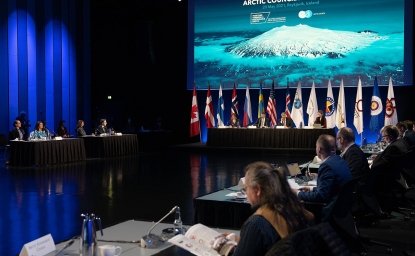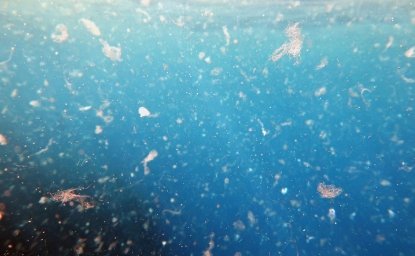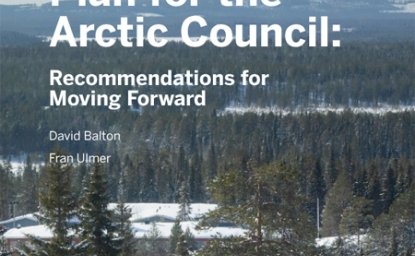Policy and Action on Plastic in the Arctic Ocean

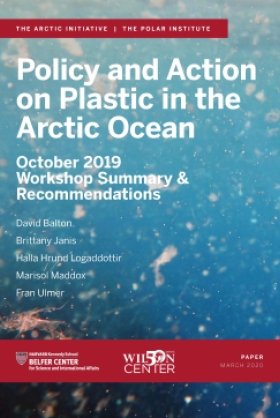
The Polar Institute and the Belfer Center's Arctic Initiative co-hosted a workshop in October 2019 with the Icelandic Chairmanship of the Arctic Council at the Harvard Kennedy School of Government entitled, Policy and Action on Plastic in the Arctic Ocean. The event convened global thought leaders, diverse stakeholders, and subject matter experts to begin developing a framework for tackling Arctic marine plastic pollution as one of the focus areas for the Icelandic Chairmanship.
Policy Recommendations
The Arctic region is too diverse for a single set of solutions to the marine plastic pollution problem. The Arctic Regional Action Plan should allow for subregional and local efforts and communications campaigns tailored to specific needs and capabilities. Local communities must co-develop these efforts with incorporation of indigenous knowledge where relevant. A Hackathon model could be used to gather interested community members with partners to innovate and problem solve collectively. Increased investment in innovative solutions that come from Arctic residents to address the reduction, reuse, recycling, and recovery of plastics could provide opportunities for regional leadership on this issue.
Keeping the importance of the local perspective in mind, the Arctic Regional Action Plan can usefully employ the following strategies:
- promote awareness and understanding of the plastic pollution issue through targeted communication and education efforts to increase community engagement and solutions co-creation
- convene industry to educate about economic and environmental threats from plastic pollution and to generate reasonable and realistic practices for plastic pollution mitigation
- work with industry to develop and promote guidelines that reduce plastic waste and address appropriate disposal, recycling, and reuse of plastic materials
- based on those guidelines, implement measures to reduce plastic pollution from ships in the Arctic Ocean and adjacent seas, particularly lost and abandoned gear from fishing vessels and plastic waste from transport and tourist vessels
- share information about promising projects already happening in the Arctic region to enable those efforts to be scaled up
- provide incentives for cross-sector collaboration to promote synergy between different actors addressing the plastic pollution problem
- encourage more producer responsibility to account for management of environmental costs associated with a product throughout its life cycle, and decrease the use of plastics that cannot be recycled
- promote financial incentives to identify alternative packaging products, by using industry challenges, similar to the Defense Advanced Research Project Agency (DARPA) Grand Challenge
- identify and fund research priorities to identify major contributors to the waste stream and to measure impact of reduction strategies
- enable researchers to coordinate, share data, and learn from each other
- work with the Arctic Economic Council to develop an innovation fund and to encourage circular economy model development from production of raw materials to reclamation and reintegration of spent materials into new products
Authors






Polar Institute
Since its inception in 2017, the Polar Institute has become a premier forum for discussion and policy analysis of Arctic and Antarctic issues, and is known in Washington, DC and elsewhere as the Arctic Public Square. The Institute holistically studies the central policy issues facing these regions—with an emphasis on Arctic governance, climate change, economic development, scientific research, security, and Indigenous communities—and communicates trusted analysis to policymakers and other stakeholders. Read more

Explore More
Browse Insights & Analysis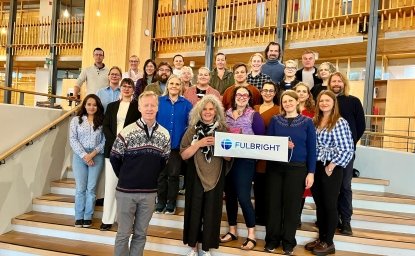
Fulbright Arctic Initiative IV Scholar at the Polar Institute
